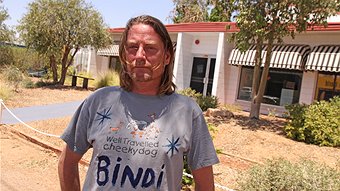Home
About Us
Page 2
And in the process, the program also seeks to achieve the following objectives:
|
|
a) Increase the use of Home and Community Based Services (HCBS) and reduce the use of institutionally-based services;
b) Eliminate barriers and mechanisms in State law, State Medicaid plans, or State budgets that prevent or restrict the flexible use of Medicaid funds to enable Medicaid-eligible individuals to receive long-term care in the settings of their choice;
c) Strengthen the ability of Medicaid programs to assure continued provision of HCBS to those individuals who choose to transition from institutions;
d) Ensure that procedures are in their proper places to provide quality assurance and continuous quality
improvement of HCBS.
In order to support these initiatives, the Centers for Medicare & Medicaid Services is ready to administer funds in the amount of $1,700,000.
The CMS has stipulated that any State Medicaid Agency not currently participating in the MFP Rebalancing Demonstration may submit an application under the Money Follows the Person Rebalancing Grant Demonstration Program.
The United States Department of Health and Human Services, the mother agency funding the Money Follows the Person Rebalancing Grant Demonstration Program, is the country's leading agency that is responsible for protecting the health of all Americans through the provision of essential human services to everyone, especially to those who are vulnerable and medically challenged.
Money Follows the Person Rebalancing Grant Demonstration Program
Back to Page 1
About The Author Michael Saunders is an editor of TopGovernmentGrants.com one the the most comprehensive Websites offering information on government grants and federal government programs. He also maintains Websites providing resources on environmental grants and grants for youth programs. |
Additional Resources
category - Health Grants
Mobile Health Tools to Promote Effective Patient Provider Communication to Underserved Populations
Mechanisms Mediating Osteoarthritis in Aging
OMICS Technologies For Predictive Modeling of Infectious Diseases Program
Cancer Education Grants Program
Follow @topgovtgrant
Social Entrepreneurship
Spotlight
Raised Concerns for Future of Long-Serving Social Enterprise

Employees have raised concerns over the future of disability support organization Bindi, following four staff layoffs that were just recently announced.
